Embryo Adoption: A Lesser-Known Option

Building Families with Compassion and Science
When most people hear the word “adoption,” they think of infants or children, but there’s another option that bridges science and generosity: embryo adoption. For hopeful parents facing infertility, and for those with remaining embryos after IVF, embryo adoption offers a beautiful and often overlooked path to parenthood. At Reproductive Centers of America (RCA), we’re proud to support patients considering this journey with clarity, compassion, and guidance.
What Is Embryo Adoption?
Embryo adoption is the process of receiving donated embryos created by another couple—typically through IVF—and using them to achieve pregnancy through a frozen embryo transfer (FET). This allows the recipient to carry and give birth to a child that is not genetically related to them, but is deeply loved from the very beginning.
It’s sometimes also called embryo donation, but when recipients go through an adoption-style matching and legal process, the term “adoption” is used to honor the intention and care involved.
Who Might Consider Embryo Adoption?
Recipients:
- Individuals or couples experiencing infertility, failed IVF, or genetic concerns
- Same-sex couples or single parents by choice seeking a lower-cost alternative to egg donation
- Those who desire the experience of pregnancy, even without a genetic connection
Donors:
- Families who completed their family through IVF and have remaining embryos
- People who want to give others the chance to build their family with compassion and purpose
The Process: How It Works
- Medical Screening & Counseling
Both donors and recipients undergo medical evaluations and psychological counseling. - Matching Process
Matching can be done anonymously or openly, depending on preference. Some choose agency-assisted matching, while others connect through clinics or nonprofit embryo banks. - Legal Agreements
Legal contracts are often used to protect both parties and clarify parental rights—though laws vary by state. - Frozen Embryo Transfer (FET)
The selected embryo(s) are transferred to the recipient’s uterus during a standard FET cycle. - Pregnancy & Parenthood
If implantation is successful, the recipient experiences pregnancy and childbirth as with any other transfer.
Cost and Accessibility
Embryo adoption is often significantly more affordable than traditional IVF or egg/sperm donation:
- Typically ranges from $5,000 to $15,000, including matching, legal, and medical fees
- Some nonprofit programs offer sliding scale fees or grants
- May be covered under certain insurance or fertility financing plans
Things to Consider
- Genetic differences: Your child will not be biologically related to you, which may raise questions around disclosure and identity later on.
- Open vs. closed donation: Decide whether you want future contact with the donor family—or remain anonymous.
- Emotional support: Counseling is recommended to help navigate the complexities of grief, gratitude, and identity.
At RCA, we offer guidance through each of these considerations, helping you make the choice that’s right for your family.
Why Families Choose Embryo Adoption
- The chance to experience pregnancy and childbirth
- The ability to provide a loving home to embryos that might otherwise remain frozen indefinitely
- A meaningful, often spiritual sense of connection to the process
- A more accessible and emotionally fulfilling path to parenthood
Every family is unique. Every path is valid. And love doesn’t need a genetic code.
What Is Embryo Adoption?
Embryo adoption is the process of receiving donated embryos created by another couple—typically through IVF—and using them to achieve pregnancy through a frozen embryo transfer (FET). This allows the recipient to carry and give birth to a child that is not genetically related to them, but is deeply loved from the very beginning.
It’s sometimes also called embryo donation, but when recipients go through an adoption-style matching and legal process, the term “adoption” is used to honor the intention and care involved.
Who Might Consider Embryo Adoption?
Recipients:
- Individuals or couples experiencing infertility, failed IVF, or genetic concerns
- Same-sex couples or single parents by choice seeking a lower-cost alternative to egg donation
- Those who desire the experience of pregnancy, even without a genetic connection
Donors:
- Families who completed their family through IVF and have remaining embryos
- People who want to give others the chance to build their family with compassion and purpose
The Process: How It Works
- Medical Screening & Counseling
Both donors and recipients undergo medical evaluations and psychological counseling. - Matching Process
Matching can be done anonymously or openly, depending on preference. Some choose agency-assisted matching, while others connect through clinics or nonprofit embryo banks. - Legal Agreements
Legal contracts are often used to protect both parties and clarify parental rights—though laws vary by state. - Frozen Embryo Transfer (FET)
The selected embryo(s) are transferred to the recipient’s uterus during a standard FET cycle. - Pregnancy & Parenthood
If implantation is successful, the recipient experiences pregnancy and childbirth as with any other transfer.
Cost and Accessibility
Embryo adoption is often significantly more affordable than traditional IVF or egg/sperm donation:
- Typically ranges from $5,000 to $15,000, including matching, legal, and medical fees
- Some nonprofit programs offer sliding scale fees or grants
- May be covered under certain insurance or fertility financing plans
Things to Consider
- Genetic differences: Your child will not be biologically related to you, which may raise questions around disclosure and identity later on.
- Open vs. closed donation: Decide whether you want future contact with the donor family—or remain anonymous.
- Emotional support: Counseling is recommended to help navigate the complexities of grief, gratitude, and identity.
At RCA, we offer guidance through each of these considerations, helping you make the choice that’s right for your family.
Why Families Choose Embryo Adoption
- The chance to experience pregnancy and childbirth
- The ability to provide a loving home to embryos that might otherwise remain frozen indefinitely
- A meaningful, often spiritual sense of connection to the process
- A more accessible and emotionally fulfilling path to parenthood
Every family is unique. Every path is valid. And love doesn’t need a genetic code.









